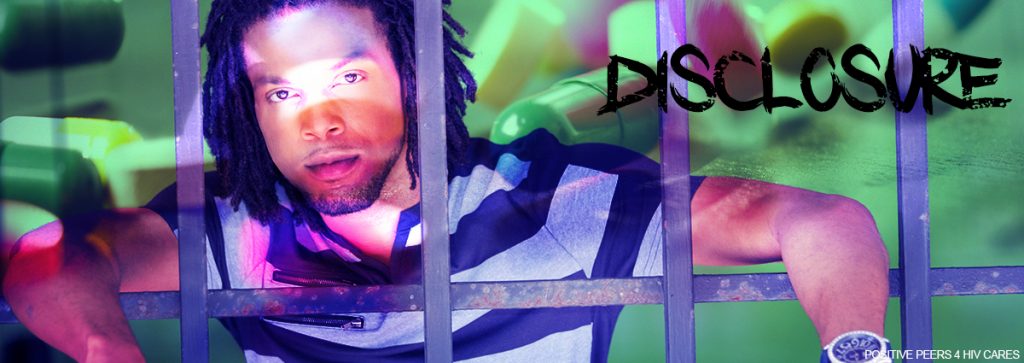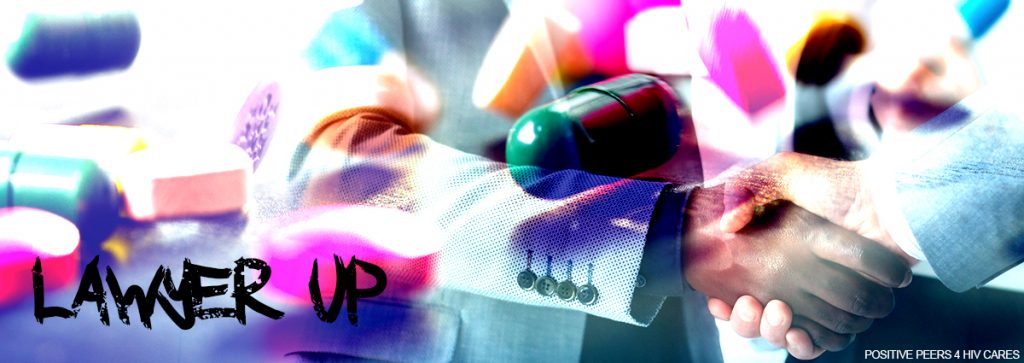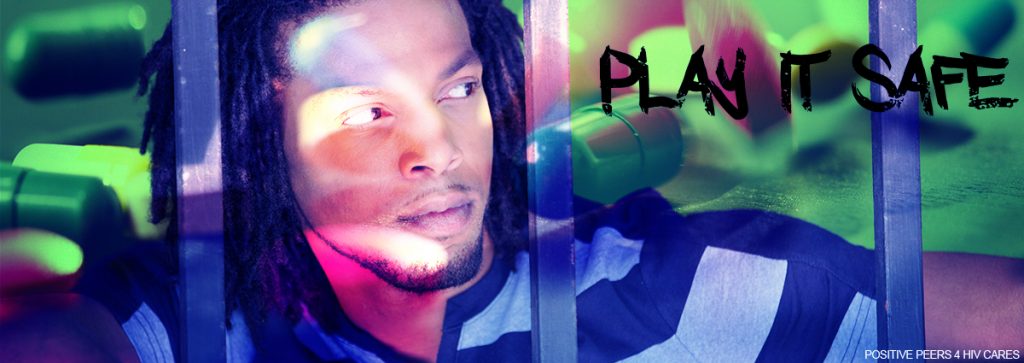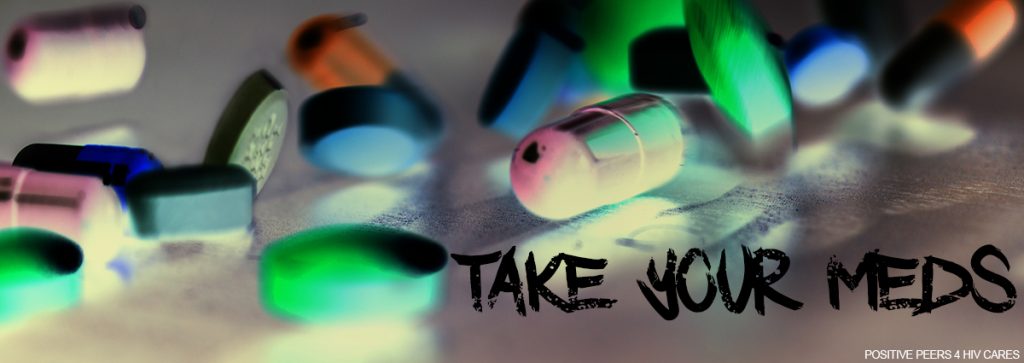
By: Jennifer McMillen Smith, LISW-S, HIV Social Worker at MetroHealth Medical Center and medically reviewed by Ann K. Avery, MD, Infectious Disease Physician at MetroHealth Medical Center
Nobody likes to end up in jail, but it can happen to the best of us. If you are living with HIV, or know somebody who is, you need a plan in the back of your mind for dealing with the risks of incarceration.
Thinking, “Oh, that’ll never happen to me,” is not a strategy.
Jail or prison doesn’t have to interrupt your supply of HIV meds. Most jails and prisons have programs to make sure people who are living with HIV stay on their anti-retroviral therapy.
The most common issue with HIV and incarceration is disclosure. If you end up in lockup, you have to tell the jail administrators about your HIV status before you can get your meds.
This can raise concerns because of HIV criminalization — extra penalties imposed on people who are living with HIV, depending on the crime. For instance, a prostitution-related charge could be a felony if you have HIV, even though it’s only a misdemeanor for everybody else.
Sure, it’s BS, but until they change the laws, it’s a risk you have to think about.

Should I lawyer up?
Remember, just like they say on TV, you have the right to an attorney. It’s safe to disclose your status to your lawyer because of attorney-client privilege. So, you may want to wait until you can talk to a lawyer before you make any decisions about your meds.
What if it takes a few days to get in contact with a lawyer? Is it OK to skip your meds until then?
The standard medical advice is to never go off your meds. However, the standard legal advice is to never make important decisions without talking to an attorney.
We’re talking about the difference between a misdemeanor and a felony. A misdemeanor is a short-term annoyance, but a felony on your record can haunt you for years.

Should I play it safe with disclosure?
Most people living with HIV slip up and go off their meds now and then. It’s not a good idea, but it’s not necessarily fatal.
Most people get out of jail within 72 hours. They make bail, charges get dropped, etc. If it looks like you’ll be out in a few days, it won’t be the end of the world if you miss a few doses of your meds.
So, it might be better to avoid disclosure if you’re going to be out soon. You may want to talk to your doctor as soon as possible after your release to get good guidance on what to do if you’ve missed a few days of meds.
Come join our private, stigma-free, supportive community.
Health management tools with medication & appointment reminders.
Social networking in a community conversation & private chats.
What if I’m locked up longer?
The longer you go without your meds, the greater your risk for the virus to start replicating again and your viral load going up. If you’re not getting out within a few days, we recommend you consider revealing your status to medical personnel at the jail. Once they know you have a condition you need medication for, they are obligated to help you with it.
Remember, the authorities are covered by federal medical privacy laws: They cannot legally disclose your status to anybody else, though there might be an exception if a court order allows it.
If you’re in jail, it’s likely you’ll be given the exact same HIV meds you take at home. But if you’re in prison, the authorities often provide the cheapest anti-retroviral therapies instead of the most up-to-date ones. They might switch you to different medicine, which might mean you have to put up with side effects if they can’t give you better meds.

What about when I get out?
Often, the greatest risks of incarceration and HIV happens after people get released.
When you’re out, you naturally want to reunite with family and friends, and get your life together. But studies have found that a lot of people with HIV go off their treatments when they get out of jail. It takes work and planning to prioritize going to see your doctor and social worker as soon as possible after being released. Many jails and prisons release people with just a prescription (and no insurance or prescription drug coverage) for just a few days, or if you’re lucky, a two-week supply of meds. Seeing your social worker to help you get medical coverage and your doctor to get checked out and the correct prescription, is super important.
You just have to make up your mind that getting back on your meds is one of your top priorities after you are released.
Related Blogs:


